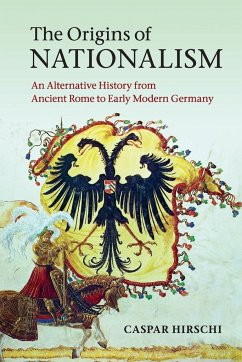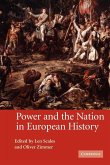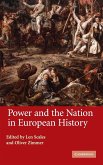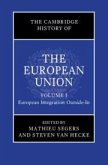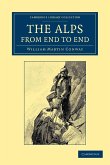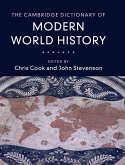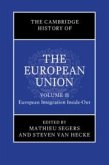In this wide-ranging work, Caspar Hirschi offers new perspectives on the origins of nationalism and the formation of European nations. Based on extensive study of written and visual sources dating from the ancient to the early modern period, the author re-integrates the history of pre-modern Europe into the study of nationalism, describing it as an unintended and unavoidable consequence of the legacy of Roman imperialism in the Middle Ages. Hirschi identifies the earliest nationalists among Renaissance humanists, exploring their public roles and ambitions to offer new insight into the history of political scholarship in Europe and arguing that their adoption of ancient role models produced massive contradictions between their self-image and political function. This book demonstrates that only through understanding the development of the politics, scholarship and art of pre-modern Europe can we fully grasp the global power of nationalism in a modern political context.
'... a worthy contribution to the scholarly literature on nationalism ... The particularly noteworthy and worthwhile aspect of Hirschi's definition of the nation is its focus on the multipolarity of nationality in contrast to the bipolarity of empire ... There is much to commend in this analysis of the emergence of a multicentric discourse of nationality ... Hirschi's admirable focus on the humanists and events of the fifteenth through seventeenth centuries clearly supports his argument that nationality is not exclusively modern. He is right.' Steven Grosby, Reviews in History (history.ac.uk/reviews)

